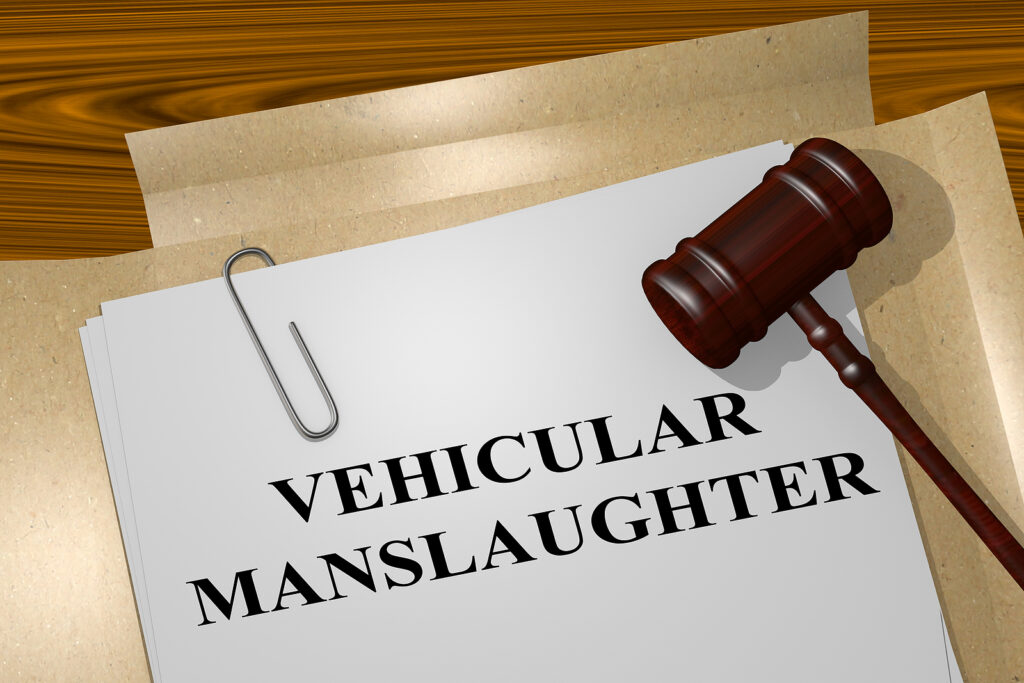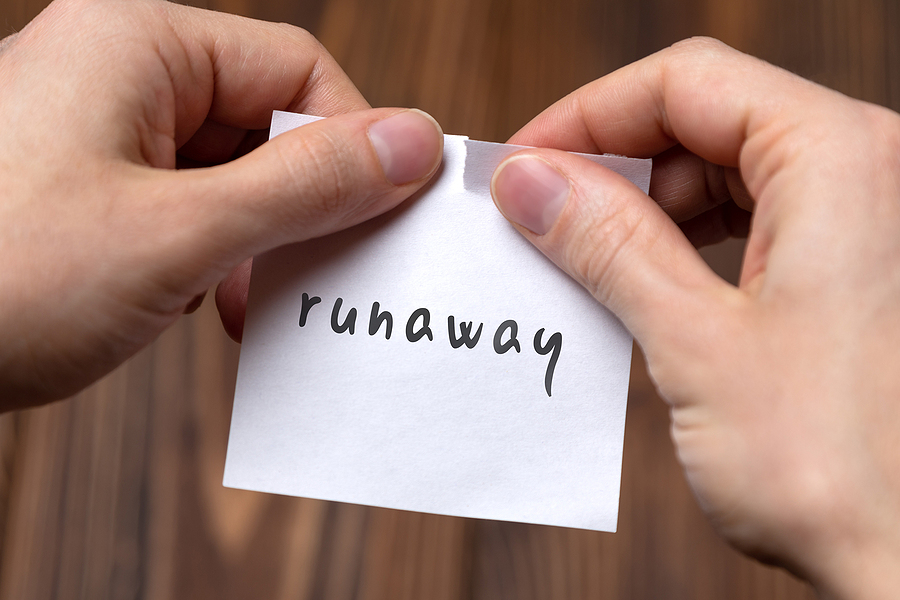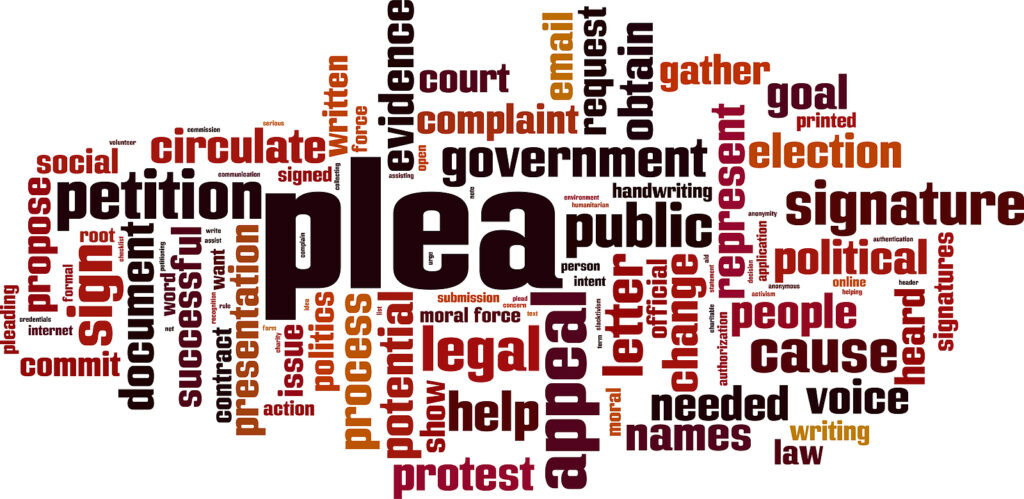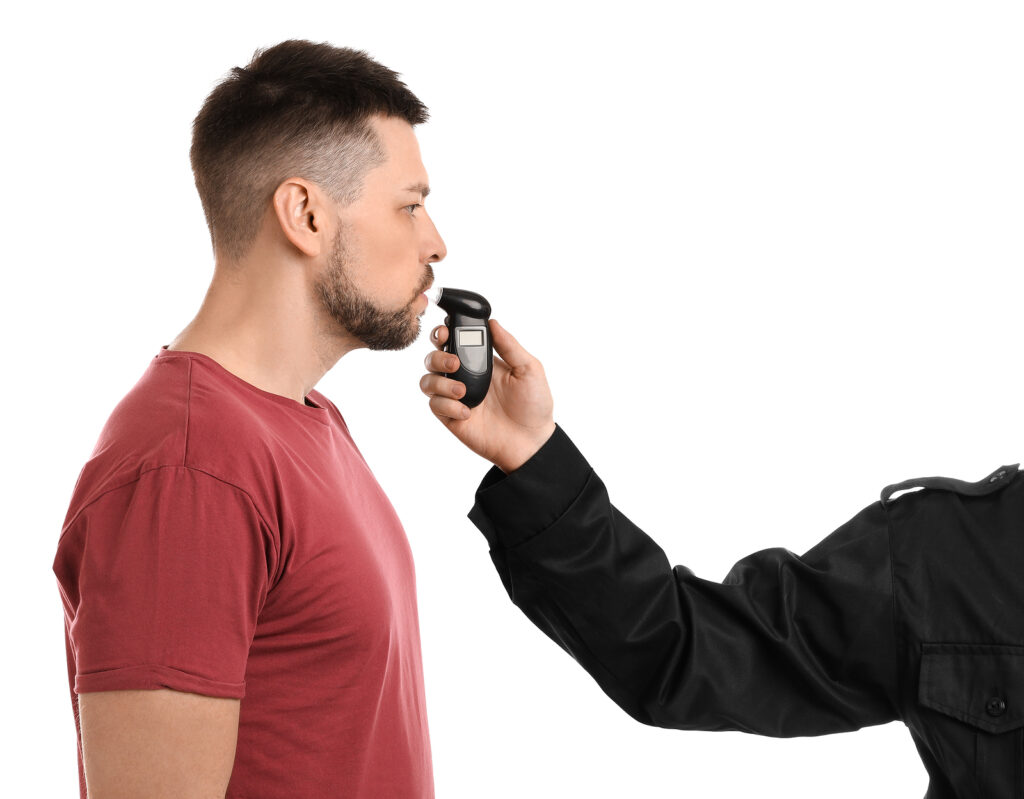Drunk driving is illegal for a very good reason. Vehicles, after all, are comparable to a 3,000 pound missile at speeds as low as 10 miles per hour. Under that, they are still heavy machinery that can cause a devastating amount of damage or bodily injury. Many drunk driving accidents result in the fatalities of other innocent drivers, passengers, and pedestrians. Such accidents generally lead to a DUI vehicular manslaughter charge against the intoxicated driver. As a type of homicide crime, vehicular manslaughter is a very serious criminal charge that can end with long lasting consequences, including a lengthy stint in prison.
If you are facing drunk driving vehicular manslaughter in Indiana, continue below to learn the most valuable and critical step you need to take to avoid the maximum penalties for your charges.

Homicide and Involuntary Manslaughter
DUI vehicular manslaughter is a homicide and occurs when a person operates a motor vehicle while intoxicated, and in doing so, unintentionally causing an accident that kills another person. Although it is not considered murder since it was not a deliberate, malicious, or premeditated act, the offense is categorized as a homicide because a person loses their life.
There are different types of homicides, including involuntary and voluntary manslaughter, reckless homicide, negligent homicide, and vehicular homicide.
A homicide is not always a crime, as is the case with self-defense. Criminal homicide, on the other hand, is causing the death of another, either by means of negligence, such as drunk driving, or willful intent, such as spontaneously killing a person that you catch sleeping with your spouse. This would be charged as voluntary manslaughter, which is aptly called the heat of passion crime.
Vehicular Manslaughter Laws
Vehicular manslaughter laws are divided into 3 distinct levels: vehicular manslaughter, vehicular homicide, and aggravated vehicular homicide. Vehicular manslaughter is when a driver causes the death of another person or their unborn child as a result of a misdemeanor traffic violation. Vehicular homicide is the same as vehicular manslaughter, but in two specific scenarios: as a result of driving negligence or speeding through a construction zone.
Aggravated vehicular homicide is also the same as vehicular manslaughter, but in three specific scenarios: as a direct result of A) operating a vehicle while intoxicated; B) operating a vehicle recklessly; or C) committing a reckless traffic offense in a construction zone.
DUI Manslaughter Charges and Penalties
Drunk driving vehicular manslaughter is charged as an involuntary manslaughter homicide, which is a DUI felony offense. Upon conviction, a defendant can be punished by up to 6 years in prison, with an advisory jail sentence of 3 years, plus suspended drivers’ license for 2 to 5 years and fines up to $10,000.
If you have been charged with drunk driving manslaughter, your next step is the most important one you will make in your life: hire a skilled and experienced Indiana criminal defense lawyer for aggressive DUI defense. They can preserve your rights and protect you from the maximum sentence.
Are you worried about your pending DUI charges in Indiana? Contact Attorney David E. Lewis at 317-636-7514 to schedule a free initial consultation with a seasoned DUI lawyer in Indianapolis, Indiana who will put your mind at ease with a strong and impactful defense. We also represent defendants charged in Indiana but who live in another state.
Related Posts:
Facts About Aggravating Factors in a Criminal Case
How Your Lawyer Might Defend Your DUI Charges
When You Might Go to Jail for a DUI









